You’ve seen the Fairtrade Mark on most of the coffee and tea at our units, but have you ever wondered what it means, not only for people but the environment?
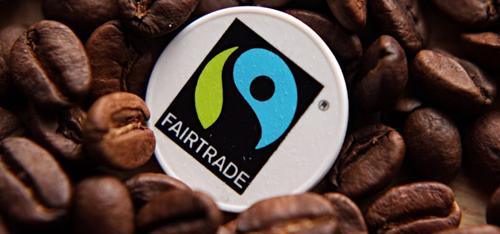 Source: Easybib.com
Source: Easybib.com
As of now, millions of small-scale farmers in developing countries produce products such as coffee and tea that end up in our shopping carts. The Fairtrade movement provides better prices, decent working conditions, and fair terms of trade for these farmers and workers, allowing them to have a more stable income to afford basic necessities such as food and healthcare for their families.
Fairtrade not only works to improve the living and working conditions of farmers, but also helps them become better stewards of the land they occupy. Farmers that struggle to make ends meet often have no other option but to engage in cheap agricultural practices that damage surrounding ecosystems. However, when farmers sell their crops to Fairtrade co-operatives, they receive money for their produce or labour as well as an extra sum of money to invest in improving the quality of their lives. This extra sum is often referred to as Fairtrade Premium, which farmers tend to use to improve farming methods and obtain clean water to better the health of the community they reside in.
Check out this brief video to see what impact Fairtrade has on building a more sustainable future.
To be Fairtrade certified, farmers and organizations must meet certain strict environmental standards. This encourages farmers to better protect their ecosystem and decrease the use of harmful chemicals used in agricultural practices. The following are a few of the standards that farmers must abide by to become Fairtrade certified:
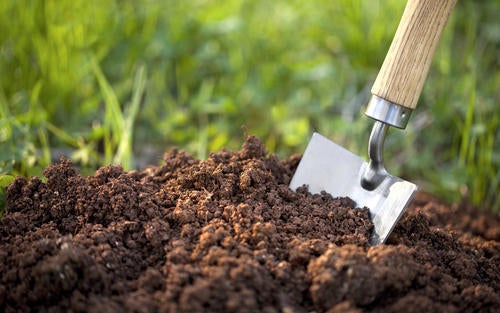 Source: Leafly.ca
Source: Leafly.ca
Soil Enhancement: Fairtrade encourages farmers to enhance soil by applying sustainable irrigation practices such as crop rotation. They also provide training on climate change mitigation for farmers that help enhance soil. For instance, some training provides techniques on how farmers can switch to environmentally-friendly practices such as developing nutrient-rich soils that support healthy plants and wildlife in the surrounding ecosystem.
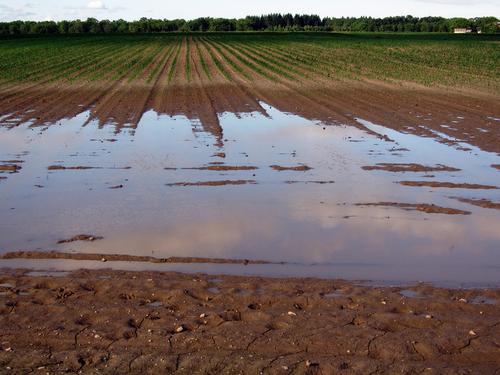 Source: farmanddairy.com
Source: farmanddairy.com
Reduction of Water Usage: Farmers are required to source water sustainably to eventually reduce water use over time. For instance, COOCAFE co-operative in Costa Rica used some of their Fairtrade income on a new water treatment system in processing plants. This system has reduced water use from approximately 3000 litres per 225kg of coffee to 200 litres.
GMOs: The use of genetically modified organisms (GMOs) are strictly forbidden by Fairtrade.
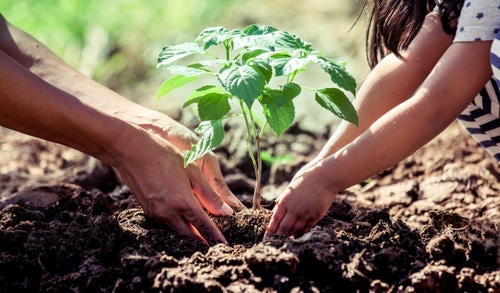 Source: sandptreeservice.com
Source: sandptreeservice.com
Biodiversity and Carbon Emissions: Farmers must report current benefits and future goals for ecosystems and current methods of carbon emission reductions. Many Fairtrade co-operatives tend to use their Fairtrade Premium to invest in reforestation projects. Planting trees on degraded land that is clear prevents soil erosion and reduces climate change by binding and storing carbon dioxide. The trees further improve biodiversity and provide habitat for wildlife. Sireet OEP, a Fairtrade co-operative in East Africa, have alone planted 150k trees in a year.
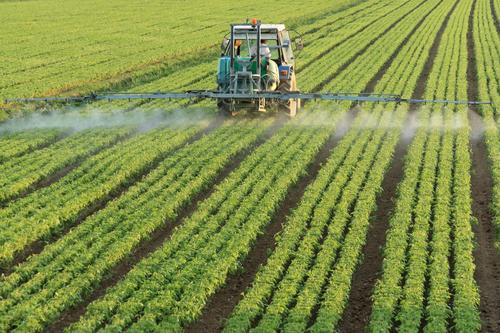 Source: TMRresearchblog.com
Source: TMRresearchblog.com
Agrochemicals: Fairtrade prohibits the use of certain agrochemicals that are harmful to the environment and encourages farmers to reduce their use of pesticides. For instance, farmers in Vietnam tend to suffer the environmental impacts of using chemical pesticides due to their large exporting of coffee. Eakiet, which is one of the Fairtrade co-operatives in Vietnam, have trained farmers to stop the use of pesticides and herbicides. Now, farmers use high pressure water to remove insects and continue to weed and prune their trees during the rainy season when the risk of pests and disease increases.
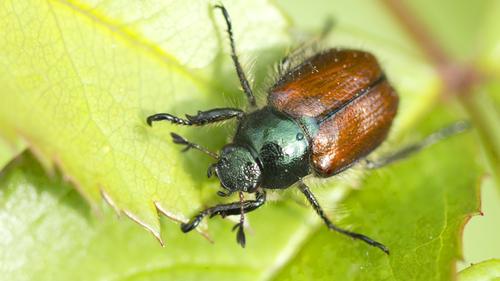 Source: Surrey.ca
Source: Surrey.ca
Pests and Waste: Farmers are required to develop sustainable and safe management plans for pests and waste through farmer education.
As of now, most of our locations, excluding franchises, serve Fairtrade products such as coffee, tea, and chocolate. Next time you visit one of our units, remember to get Fairtrade coffee or tea!
References
About Fairtrade. (2019). Retrieved from http://fairtrade.ca/en-CA/About-Fairtrade
Nicholson, H. (2019). 8 ways Fairtrade farmers protect the environment. Retrieved from http://www.fairtrade.org.uk/Media-Centre/Blog/2018/June/8-ways-Fairtrade-protects-the-environment
The Benefits of Fairtrade | Friends of the Earth. (2017). Retrieved from https://friendsoftheearth.uk/food/benefits-fairtrade
Why Fair Trade Means Protecting the Environment, Too. (2012). Retrieved from https://www.triplepundit.com/story/2012/why-fair-trade-means-protecting-environment-too/81861





